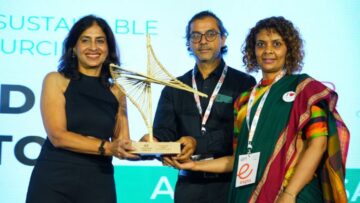
Primark, a low-cost clothes retailer and subsidiary of Associated British Foods PLC, has come under fire for its record on workers’ rights and the environmental impact of its low-cost, high-volume business model.
Paul Marchant, the CEO of Primark, stated that he doesn’t think it’s unethical to purchase goods from Asia. The firm produces their clothing in Asia and offers it for sale at low costs in Europe. Marchant recently boasted that the shop had achieved a significant profit milestone of US $1.3 billion for the first time, demonstrating the great profitability of this approach.
Human rights organisations have also accused Primark of relying on suppliers in nations with weaker labour laws. In order to guarantee that workers and land are treated fairly and without exploitation, Primark insists on training Indian farmers in regenerative agriculture and regularly checks its suppliers.
“As long as you have the proper partners and the right controls, protections, and procedures in place, I don’t see any reason why you can’t maintain a strong ethical supply chain at the source,” Marchant stated. He further underlined that the business complies with the code of conduct set forth by the International Labour Organisation.
Furthermore, he argued that because half of its collections are dedicated to everyday wear, his products are less impacted by shifting fashion trends than those of other companies. Primark is planning on unveiling retail stores in countries like France, Italy, Portugal and Spain as well as expanding in the United States of America.






